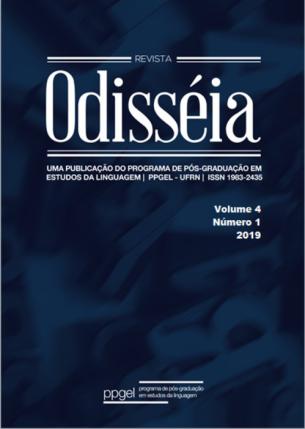Ideology, document, permanence and anti-modism
the value terms of the 1930s novel
DOI:
https://doi.org/10.21680/1983-2435.2019v4n1ID16827Keywords:
Production of value, 1930s novels, Literary CriticismAbstract
We aim to identify the modification of the value systems that the narratives of the 1930s have undergone along the studies dedicated to them. Broadening Antonio Candido’s (2010) idea, found in Formação da literatura brasileira, this study stems from the assumption that not only our literature, but also our criticism is eminently interested in the process of producing the sense of our culture and country, generating symbolical forms frequently associated with social tensions. We verified the existence of four value perspectives on the 1930s novels: the political perspective of early studies, in which the critics tried to connect the author’s visions of the world to the ones that are animated by the narrative; the documentary one, in which value stance was contiguous to social and mimetic aspects; the permanence one, in which the work’s quality is associated with the prolongation of tensions; and the qualitative notion, which is related to the construction of novels that differ from the reappearance of neonaturalistic aesthetics.
Downloads
Downloads
Published
How to Cite
Issue
Section
License
Thisa work has been licensed under Creative Commons - Atribuição - NãoComercial - CompartilhaIgual 3.0 Não Adaptada.


















